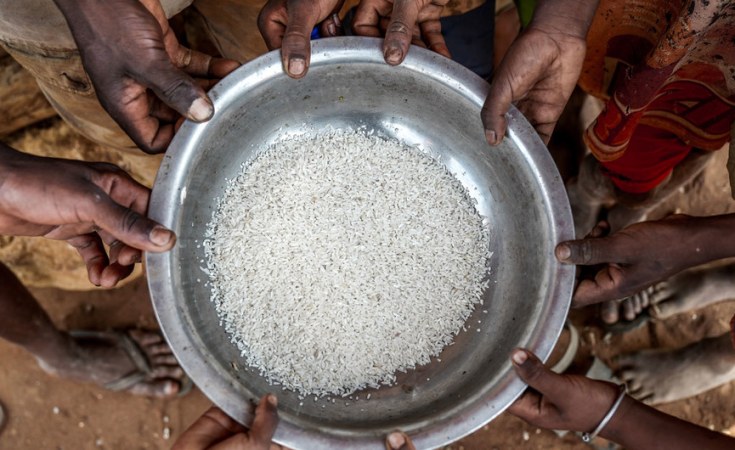Widespread flooding recorded in 2022 worsened the situation, FAO said.
The Food and Agriculture Organisation (FAO) has projected that about 25.3 million people in Nigeria would face acute food insecurity during the June to August 2023 lean season.
A quarterly report released by the global organisation shows that the figure projected is higher than the 19.45 million forecasts in 2022.
The report, titled "Crop Prospect and Food Situation", assessed 45 countries to provide insight into the food situation with particular attention on Low-Income Food Deficit Countries.
According to the report, the state of insecurity in northern Nigeria plays a major role in the projected rate of food insecurity in the country.
"Acute food insecurity is mostly driven by the deterioration of security conditions and conflicts in northern states, which as of March 2022 (latest data available) have led to the displacement of about 3.17 million people and are constraining farmers' access to their lands," the report said.
Over the years, Nigeria has been impacted by insecurity in the country. In some parts of the northern region, conflicts among farmers and herders have led to crises in which many Nigerians have been killed, displaced from their homes, and their farmlands destroyed.
The situation has worsened the nation's food inflation as farmers in these regions are unable to produce enough food.
According to the National Bureau of Statistics, food inflation surged to 24.32 per cent in January 2023 from the 23.75 per cent recorded in December 2022, the highest in the last four years.
The bureau said the increase in food inflation for January was mostly driven by the increase in the prices of tomatoes, yams, tubers, and vegetables.
The problem has exposed many households to hunger amid multidimensional poverty.
In 2015, President Muhammadu Buhari launched the Anchor Borrowers Program with the goal to boost food production, create jobs, and reduce food import bills for the conservation of the foreign reserve. However, the initiative has been marred by reports of poor allocation of resources and related issues.
FAO said in its report that apart from the insecurity problems in some parts of the country, other factors like climate change and high food prices are also considered in its projection.
The report noted that widespread flooding in 2022, affecting about 4.5 million people across the country, has further compounded conditions, particularly in areas already facing high levels of insecurity.
"High food prices and the expected slowdown in economic growth in 2023 are additional drives of acute food insecurity," the report said.
It added that this year's situation would be a "significant deterioration" as the projection is bringing additional 5.85 million people to the 19.45 million estimated to face food insecurity earlier in 2022.


